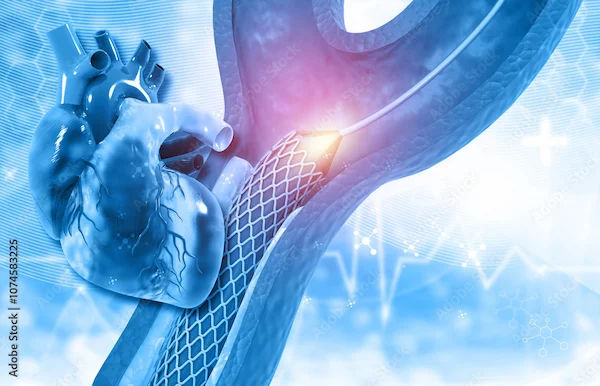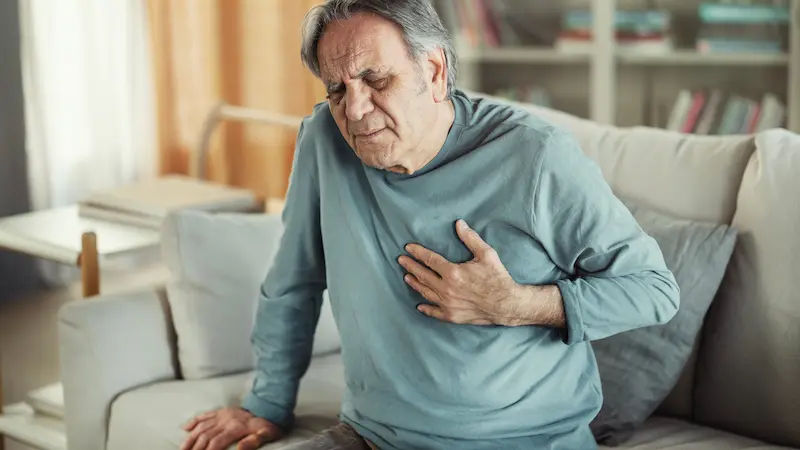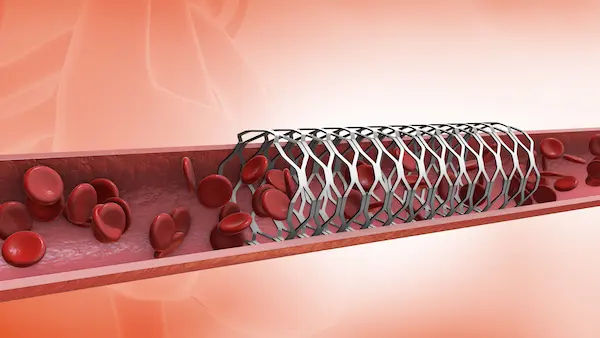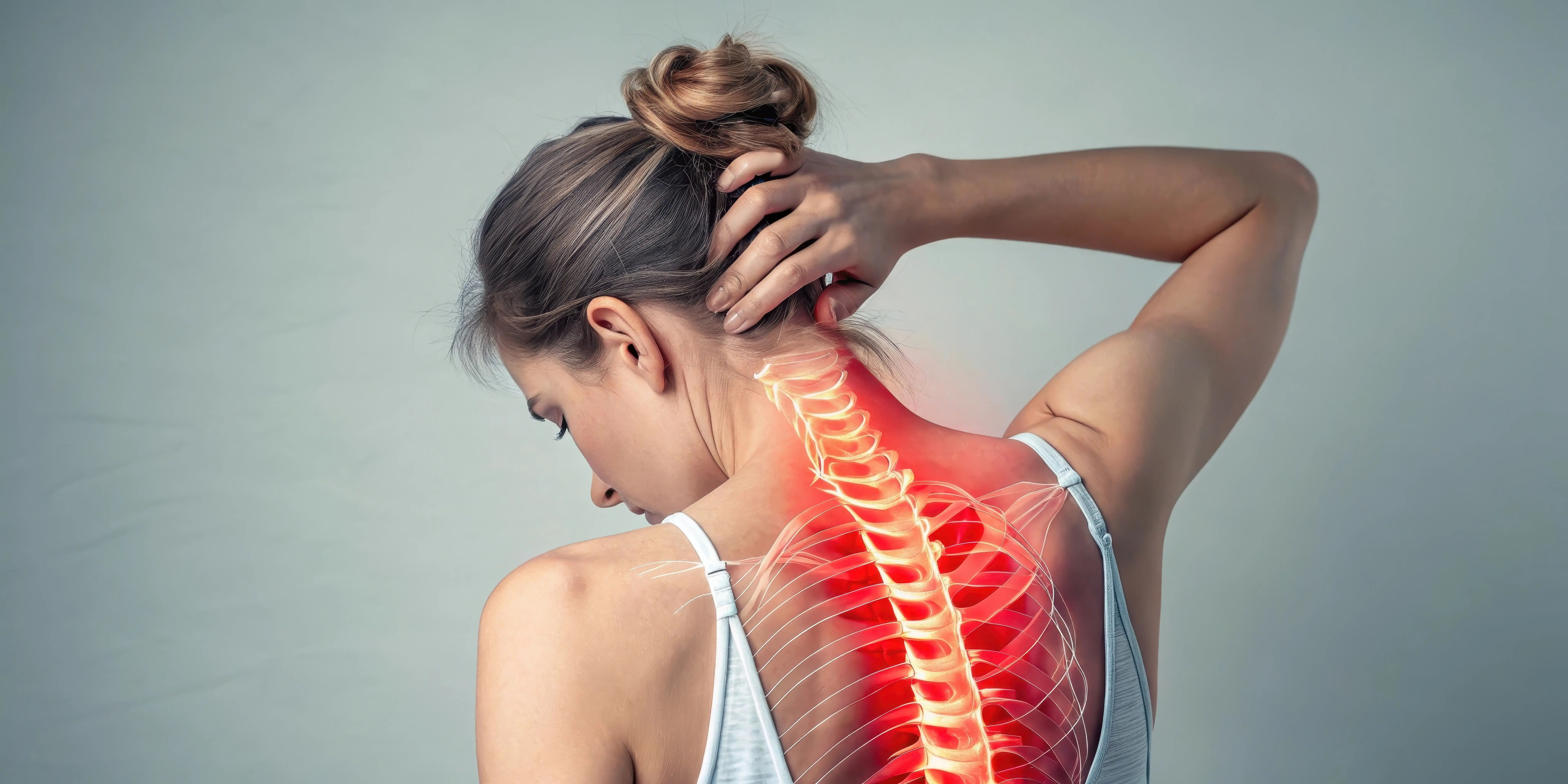Understanding Cholesterol
Learn what cholesterol is, its types, and how it affects your health. Discover ways to manage cholesterol levels for a healthier heart and body.


Introduction
For years, cholesterol has been vilified as a silent killer lurking in our food. But what if we told you that this waxy substance is absolutely essential for your body to function? The truth about cholesterol is more nuanced than simply "good" or "bad." It's a vital building block for cells and hormones, but when imbalances occur, it can pose a serious risk to your heart health. This guide will demystify cholesterol, breaking down what it is, why we need it, and how to manage it effectively. We'll help you understand your cholesterol numbers, explore the causes of high cholesterol, and provide actionable steps from dietary tweaks to lifestyle changes to take control of your cardiovascular health. Let's move beyond fear and into a place of knowledge and empowerment.
What Exactly Is Cholesterol?
Cholesterol is a lipid, a waxy, fat-like substance that circulates in your blood. It's not inherently "bad"; in fact, your body needs it to build cells, produce vital hormones like estrogen and testosterone, create vitamin D, and make bile acids for digestion. The liver produces all the cholesterol your body needs to perform these essential functions. However, we also get additional cholesterol from the food we eat, primarily from animal products like meat, poultry, and full-fat dairy. This combination of production and consumption must be balanced to maintain optimal health.
The Vital Roles of Cholesterol in Your Body
Think of cholesterol as a necessary raw material. It provides stiffness and stability to the outer membrane of every single cell in your body. Without it, our cells would be too fluid and unable to maintain their structure. Furthermore, it's the fundamental precursor for steroid hormones, which regulate metabolism, inflammation, immune function, and salt/water balance. It's also the key ingredient your skin needs to synthesise vitamin D when exposed to sunlight.
The Liver's Key Role in Cholesterol Production
Your liver acts as your body's cholesterol control center. It manufactures about 80% of the cholesterol in your body. When you consume less dietary cholesterol, your liver compensates by producing more. Conversely, if you eat a lot of cholesterol-rich foods, your liver typically produces less. However, for many people, this regulatory system isn't perfect, which is why diet still plays a crucial role in management.
Consult a Cardiologist for the best advice
The Good, The Bad, and The Triglycerides: Breaking Down the Types
Since cholesterol is a fat-like substance and blood is water-based, they don't mix. To travel around the body, cholesterol is carried in packages called lipoproteins, which have fat on the inside and proteins on the outside. These packages are categorised by their density, and the type of lipoprotein determines whether cholesterol is "good" or "bad."
LDL (Low-Density Lipoprotein): The "Bad" Cholesterol
LDL cholesterol is often labeled the "bad" cholesterol because it carries cholesterol particles throughout your body and can build up in the walls of your arteries. This buildup, called plaque, makes arteries hard and narrow (a condition known as atherosclerosis), increasing the risk of blood clots, heart attack, and stroke. Managing your LDL cholesterol levels is a primary focus of most cholesterol-lowering strategies.
HDL (High-Density Lipoprotein): The "Good" Cholesterol
HDL is known as the "good" cholesterol because it acts like a scavenger, picking up excess cholesterol in your bloodstream and carrying it back to your liver, where it's broken down and removed from the body. Higher levels of HDL are associated with a lower risk of heart disease. Therefore, a common goal is to raise HDL cholesterol through healthy lifestyle choices.
Triglycerides: The Other Important Fat
A complete lipid panel also measures triglycerides, the most common type of fat in the body. They store excess energy from your diet. High levels of triglycerides, often caused by being overweight, eating too many sweets or alcohol, and physical inactivity, can also harden arteries and increase cardiovascular risk. They are a key piece of the puzzle when managing high cholesterol and triglycerides.
What Do Your Cholesterol Numbers Mean?
Getting a blood test called a "lipid panel" or "lipid profile" is the only way to know your cholesterol levels. This test measures:
- Total cholesterol: The overall amount of cholesterol in your blood.
- LDL cholesterol: The "bad" cholesterol.
- HDL cholesterol: The "good" cholesterol.
- Triglycerides: Another type of fat in the blood.
Optimal Ranges for LDL, HDL, and Total Cholesterol
According to the CDC and American Heart Association, optimal levels for adults are:
- Total Cholesterol: Less than 200 mg/dL
- LDL ("Bad") Cholesterol: Less than 100 mg/dL
- HDL ("Good") Cholesterol: 60 mg/dL or higher is considered protective.
- Triglycerides: Less than 150 mg/dL
It's important to discuss your individual targets with a doctor, as they can vary based on your other risk factors for heart disease.
Get Your Health Assessed
What Causes High Cholesterol?
High cholesterol can stem from a combination of controllable lifestyle factors and uncontrollable genetic predispositions.
Dietary Factors: The Impact of Saturated and Trans Fats
A diet high in saturated fats (found in red meat, full-fat dairy, and tropical oils) and trans fats (found in fried foods and baked goods) can instruct your liver to produce more LDL cholesterol. While dietary cholesterol (from eggs, shellfish) has a lesser impact for most people, these unhealthy fats are the primary dietary culprits.
Uncontrollable Risk Factors: Genetics and Family History
A condition called familial hypercholesterolemia (FH) is an inherited form of very high cholesterol that affects the body's ability to remove LDL from the blood. Even without FH, a family history of high cholesterol or early heart disease significantly increases your risk.
How to Lower Cholesterol Naturally: Diet and Lifestyle Changes
For many, effective cholesterol management begins with lifestyle modifications before medication is considered.
Heart-Healthy Foods to Add to Your Diet
Focus on a diet rich in:
- Soluble Fibre: Binds cholesterol in the digestive system and carries it out of the body. Think oats, barley, beans, lentils,
apples, and citrus fruits. - Omega-3 Fatty Acids: Found in fatty fish (salmon, mackerel), walnuts, and flaxseeds. They don't lower LDL but can help raise HDL cholesterol and reduce triglycerides.
- Unsaturated Fats: Choose avocados, olive oil, and nuts over saturated fats.
The Importance of Regular Physical Activity
Exercise is a powerful tool. Aerobic exercise (brisk walking, swimming, cycling) can help lower LDL cholesterol and triglycerides while boosting HDL. Aim for at least 150 minutes of moderate-intensity exercise per week.
Medical Treatments for High Cholesterol
When lifestyle changes aren't enough, a doctor may prescribe medication. Statins are the most common type; they work by blocking a substance your liver needs to make cholesterol, which prompts your liver to remove cholesterol from your blood. Other medications include bile-acid-binding resins, cholesterol absorption inhibitors, and PCSK9 inhibitors. The decision to start medication is based on your overall risk profile, not just your cholesterol numbers. If your cholesterol levels remain high despite diet and exercise changes, consult a doctor online with Apollo24|7 to discuss if medication is the right choice for you.
Conclusion
Understanding cholesterol is the first and most critical step toward taking control of your heart health. It’s not about eliminating it entirely but about achieving a healthy balance through informed choices. By knowing your numbers, adopting a heart-healthy lifestyle, and partnering with your healthcare provider, you can significantly reduce your risk of cardiovascular disease. Remember, these changes are a marathon, not a sprint. Start with one small change today, whether it's adding a bowl of oatmeal to your breakfast or taking a brisk evening walk. Your heart will thank you for years to come.
Consult a Cardiologist for the best advice
Consult a Cardiologist for the best advice

Dr. Dayanashre N
General Physician
3 Years • MBBS
Bengaluru
PRESTIGE SHANTHINIKETAN - SOCIETY CLINIC, Bengaluru

Dr. Bhethala Sharan Prakash
General Physician/ Internal Medicine Specialist
5 Years • MBBS MD
Bengaluru
PRESTIGE SHANTHINIKETAN - SOCIETY CLINIC, Bengaluru
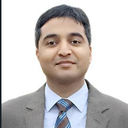
Dr. Gautam Singal
Cardiologist
10 Years • MBBS, DNB - General Medicine, DNB - Cardiology
Delhi
Apollo Clinic East Of Kailash, Delhi
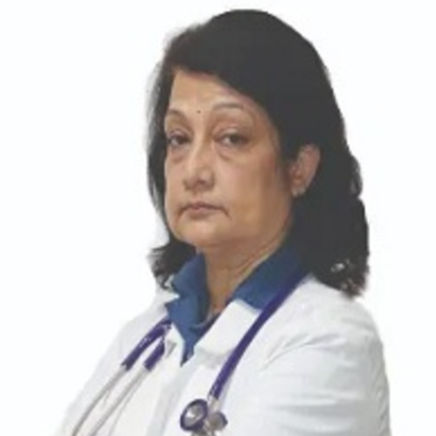
Dr. Tripti Deb
Cardiologist
40 Years • MBBS, MD, DM, FACC, FESC
Hyderabad
Apollo Medical Centre Kondapur, Hyderabad
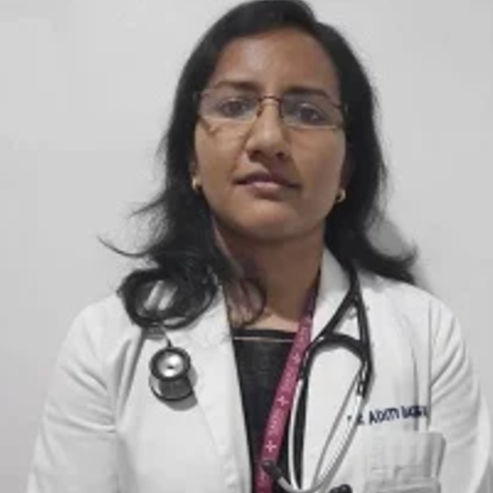
Dr. Dattagupta Aditi
Cardiologist
21 Years • MBBS, D.N.B(General Medicine), D.N.B(Cardiology)
Bengaluru
Apollo Clinic, Sarjapur Road, Bengaluru
Consult a Cardiologist for the best advice

Dr. Dayanashre N
General Physician
3 Years • MBBS
Bengaluru
PRESTIGE SHANTHINIKETAN - SOCIETY CLINIC, Bengaluru

Dr. Bhethala Sharan Prakash
General Physician/ Internal Medicine Specialist
5 Years • MBBS MD
Bengaluru
PRESTIGE SHANTHINIKETAN - SOCIETY CLINIC, Bengaluru

Dr. Gautam Singal
Cardiologist
10 Years • MBBS, DNB - General Medicine, DNB - Cardiology
Delhi
Apollo Clinic East Of Kailash, Delhi

Dr. Tripti Deb
Cardiologist
40 Years • MBBS, MD, DM, FACC, FESC
Hyderabad
Apollo Medical Centre Kondapur, Hyderabad

Dr. Dattagupta Aditi
Cardiologist
21 Years • MBBS, D.N.B(General Medicine), D.N.B(Cardiology)
Bengaluru
Apollo Clinic, Sarjapur Road, Bengaluru
More articles from Heart Attack
Frequently Asked Questions
1. Can you have high cholesterol and be fit and thin?
Yes, absolutely. While weight is a factor, genetics play a huge role. People with familial hypercholesterolemia or other genetic predispositions can have high cholesterol regardless of their weight or fitness level. This is why regular screening is important for everyone.
2. Are eggs bad for your cholesterol levels?
For most people, moderate egg consumption (up to one egg per day) does not significantly raise heart disease risk. The cholesterol in eggs has a much smaller effect on blood cholesterol than the saturated and trans fats in your diet. Focus more on limiting processed meats and fried foods.
3. What is the quickest way to lower my cholesterol?
There is no overnight fix. The most effective and sustainable way is a combination of dietary changes (more fibre, less saturated fat), increased physical activity, and maintaining a healthy weight. If levels are very high, a doctor may prescribe medication for faster results alongside lifestyle changes.
4. How often should I get my cholesterol checked?
The American Heart Association recommends all adults 20 years or older have their cholesterol checked every 4 to 6 years if they are at low risk. Those with risk factors like high blood pressure, diabetes, or a family history may need it checked more frequently, as advised by their doctor.
5. What are the symptoms of high triglycerides?
Like high cholesterol, high triglycerides typically cause no symptoms. Very high levels (over 500 mg/dL) can sometimes cause pancreatitis, which involves severe abdominal pain. The only way to know your level is through a blood test.

